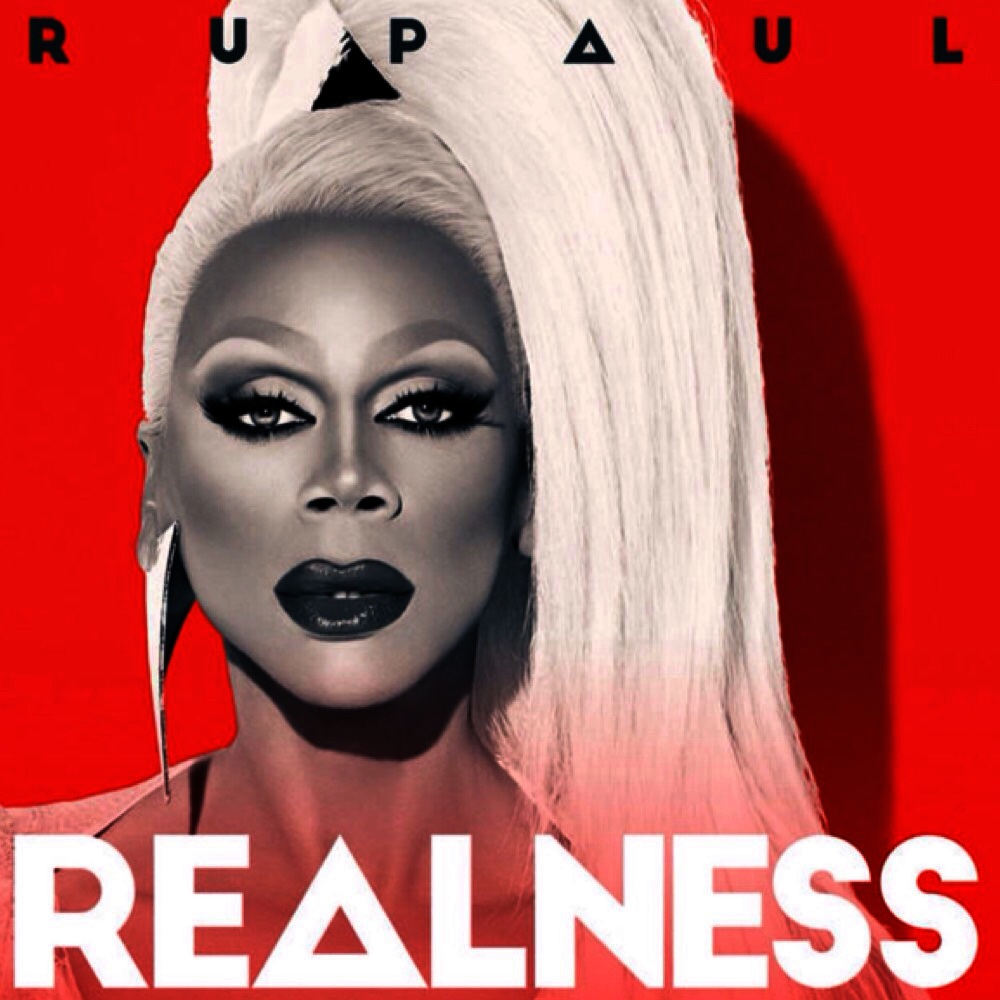The Effects of the Drag Community Having Their Own Language
People unfamiliar with drag are likely to be confused by the terms used by performers when they first encounter them. What in the world does fishy realness mean, and why are these terms even necessary? For the community that uses them, they are a requirement to understand.
Drag is all about going social norms. Performers dress up and show their audiences that everything they think they know about gender is just a show. Language is the same way, and terms that mean nothing to outsiders can mean everything to a drag performer. The “polite” and “correct” way people explain proper language holds no real meaning as new words are added to English as time goes on. Slang is proof there is no need to follow linguistic rules in everyday life.
Slang and Language
From a young age, it is common for people to correct children when using slang. In elementary school, it was an everyday occurrence to hear a teacher respond to a student using the word ain’t with, “That isn’t a word, so don’t say it.” While it is not considered proper, it is still a word that is understood by everyone.
In a post on OUPblog, it is said that in some instances, slang is used to differentiate between groups. These people have their own phrases and definitions for words that do not have to be widespread knowledge. No one outside of the group has to understand the slang they are using because it is not meant for them. The people who are saying it are using it for their own personal conversations, so there is no need for outsiders to know the words are.
Drag Queens and Language
In the journal Sexuality and Culture, Nathaniel Simmons states that marginalized groups use language to create a shared reality. By using these unique terms, queens create a “code of sisterhood.” Terms like “don’t be hungry,” “realness,” and “fishy” exist outside of the drag community, but their meanings within the group are special. They are goals for queens and being able to have this sublanguage helps maintain their community and give them confidence.

While the usage of slang is important to create a community, drag artists are performers and using their own language can put up a wall between them and their audience. Stephen Mann gives an example of getting around this in the Journal of Homosexuality. A queen called Suzanne uses a variety of speech in her performance. She specifically uses language that her audience in familiar with. By doing so, she draws in the crowd and makes them feel comfortable.
Problems with Widespread Drag Slang
Babbel magazine brings up some problems with the widespread use of drag slang. With the popularity of shows like RuPaul’s Drag Race, queer slang has reached outside of its original users. One issue with this is that, frankly, a lot of people outside the community do not understand how to use the words and phrases. It can be insensitive, used to mock the queer community, or just embarrassing because of the complete lack of understanding.
Another issue is that these words come from underground movements and times when this community faced more discrimination than they face today. Taking these terms from queer people so that straight cisgender people can use them takes away the weight of the words. However, even some of the terms used by drag queens came from somewhere else. African American women were symbolic of strong femininity and gay men used their attitudes to claim femininity. Some drag terms came straight from black women in the 1950s, such as “reading,” and others are unique to drag culture, like “vogueing.”

Drag terms come from discriminated groups, whether it be African Americans or the LGBT community. But these terms have been brought into the mainstream, so overall, it is simply just important to be mindful when using these phrases if one does not belong to the community they came from.
Extra Information
I really enjoyed this post. Slang in the drag community is so important! I think it’s so interesting seeing where the terms that are used today come from and how they use it. Great job!
I like how you point out that the popularization of the show and lack of understanding using these terms can be seen as insensitive or even used as mockery. You are so right, I wish more people took the opportunity to educate on these terms before they just throw them around! Thank you for providing sources that are informational and interesting!
This post is really informative! I am not popular with drag slang terms myself so knowing the history behind such terms is amazing. Also, you include how to use such words which, I think, is phenomenal so they are not used outside of their original context. Words can mean a lot and if not used correctly can come across as a whole different meaning.